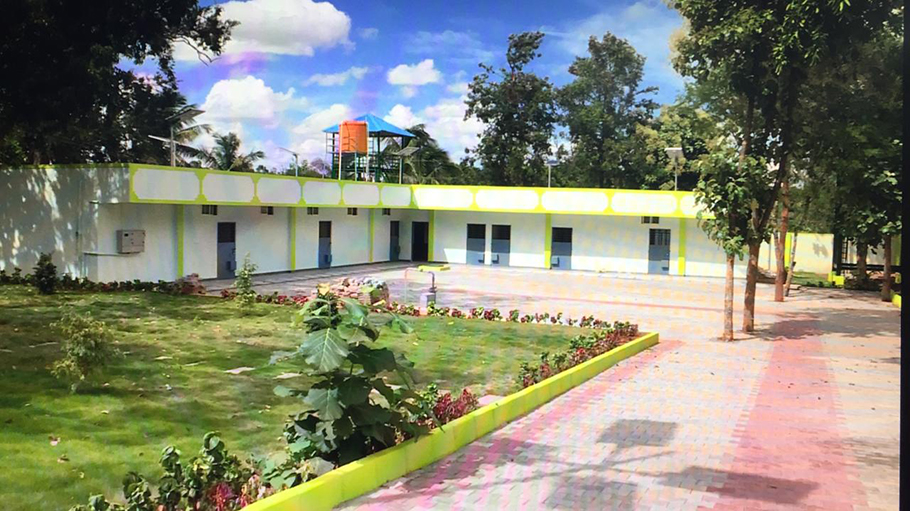Bengaluru: Karnataka’s Home Minister Basavaraj Bommai on Thursday said the process of collecting information on immigrants in the state had begun and the National Register of Citizens (NRC) would be implemented after discussions with the Centre. Bommai also said the construction of a detention centre in Bengaluru is complete and is only weeks away from opening.
“A very big talk is going on regarding the implementation of NRC across India. Karnataka is one of the states where people from across the border are coming and settling down. There are lots of issues here. Therefore we are collecting all the information. We will discuss with the Union Home Minister and then go ahead,” Bommai said.
Bommai’s comments on the citizenship screening exercise comes days after Home Minister Amit Shah asserted the Centre would extend NRC to across the country.
The minister also said a detention camp has already been set up at Nelmangala, about 35 km from Bengaluru. The walls of the camp have been fortified with barbed wire to prevent detainees from escaping.
It is important to note that the Centre had written to the Karnataka government to set up a detention centre in the city in 2018 when the coalition government of Congress and JD(s) was in power.
If implemented, Karnataka will become the second state after Assam to exercise NRC.
Over 19 lakh people were left out of the final NRC list published late last month in Assam. The National Register of Citizens was first prepared in Assam in 1951. To prove their citizenship, people in Assam have to show documentary evidence that they or their ancestors were born in Assam before March 25, 1971, which has been set as the cut-off date.
Although the stated aim of the government is to identify undocumented immigrants from neighbouring, Bangladesh, however, its true agenda behind the project has been repeatedly made clear by the government.
In his speech in West Bengal earlier this week, Amit Shah announced that before implementing NRC across the country, his government intends to pass the Citizenship (Amendment) Bill which will accord Indian citizenship to all Hindus, Sikhs, Jains, Buddhists and Christians crossing into the country from other countries.
The Citizenship (Amendment) Bill, 2019, provides for according Indian citizenship to Hindus, Jains, Christians, Sikhs, Buddhists and Parsis from Bangladesh, Pakistan and Afghanistan after seven years of residence in India instead of 12 years, which is the current norm, even if they do not possess any document. The legislation was passed by Lok Sabha during its winter session on January 8 but could not be cleared by the upper house.
Shah’s statement has revealed that this Kafkaesque effort was never about identifying undocumented people, but the targets are the Muslim community in India.
Related
Shaik Zakeer Hussain is the Founder and Editor of The Cognate.









































